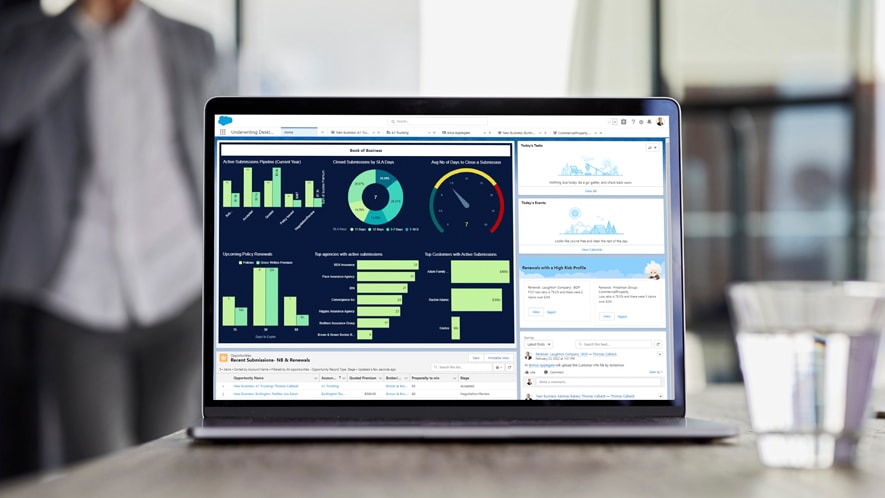
Efficient insurance claim processing plays a pivotal role in the dynamic landscape of the insurance industry. By embracing innovation and refining operational workflows, insurers can achieve remarkable improvements in performance, customer satisfaction, and overall profitability. Let’s explore how streamlined claims processing boosts industry outcomes and creates a competitive edge.
Enhancing Operational Efficiency
One of the most significant benefits of streamlined insurance claim processing is the dramatic increase in operational efficiency. Traditional methods often involve a labyrinth of manual paperwork, repetitive tasks, and extended approval times. Modernized processes, on the other hand, leverage automation, artificial intelligence, and integrated systems to simplify the entire claims cycle.
By automating data entry, insurers can reduce human error while speeding up documentation handling. This allows claims adjusters to focus on complex cases instead of routine administrative tasks. Additionally, predictive analytics tools can assess claims in real-time, identifying potential fraud or high-risk claims faster than ever before. The result? Faster resolutions, reduced costs, and optimized resource allocation.
Improving Customer Experience
In today’s digital age, customer expectations are higher than ever. Policyholders demand quick, transparent, and hassle-free claim settlements. Streamlined insurance claim processing meets these expectations by eliminating bottlenecks and enhancing communication throughout the claims journey.
For instance, implementing self-service portals empowers customers to submit claims, upload documentation, and track the progress of their cases online. Automated notifications keep policyholders informed at every step, fostering trust and reducing frustration. The faster and more accurately a claim is processed, the more satisfied the customer—leading to stronger retention rates and positive word-of-mouth referrals.
Enhancing Data Accuracy and Security
Manual claims handling is prone to errors that can delay settlements and impact customer confidence. Streamlining the process with advanced technologies ensures greater data accuracy. Optical character recognition (OCR) and natural language processing (NLP) tools can extract and interpret information from forms with minimal human intervention.
Moreover, robust data security protocols integrated into modern insurance claim processing systems protect sensitive information. Blockchain technology, for instance, offers an immutable ledger that ensures transparency and prevents tampering. Insurers that prioritize data integrity not only improve their operational credibility but also comply with stringent regulatory standards.
Reducing Costs and Increasing Profit Margins
Efficient claims management directly correlates with cost reduction. Streamlined systems lower administrative expenses by minimizing manual labor and paperwork. Automation reduces processing times, which, in turn, leads to quicker settlements and decreased litigation costs.
Furthermore, fraud detection mechanisms powered by artificial intelligence analyze patterns and anomalies across vast data sets, helping insurers identify fraudulent claims with precision. Preventing fraudulent payouts significantly enhances profitability and preserves resources for genuine claims.
Strengthening Regulatory Compliance
Insurance is a heavily regulated industry, with compliance requirements evolving continually. Modern insurance claim processing solutions integrate compliance frameworks to ensure adherence to local, national, and international laws. Automated systems can flag non-compliant claims and generate audit trails, simplifying regulatory reporting and reducing the risk of fines or sanctions.
Driving Innovation and Competitive Advantage
Streamlined processes create a foundation for ongoing innovation. Insurers adopting cutting-edge technologies like machine learning, cloud-based solutions, and mobile applications position themselves as industry leaders. These advancements not only refine internal processes but also enable the creation of new products and services tailored to emerging market needs.
For example, parametric insurance, which triggers automatic payouts based on predefined conditions (such as weather events), relies on seamless data integration and automated claim settlement. This innovative approach would be impossible without efficient insurance claim processing infrastructure.
Conclusion
The future of the insurance industry depends on agility, accuracy, and customer-centric solutions. Streamlined insurance claim processing enhances every aspect of business performance, from operational efficiency and customer satisfaction to cost management and regulatory compliance. By investing in robust, technologically advanced claims systems, insurers can secure sustainable growth and build lasting trust with their policyholders.

